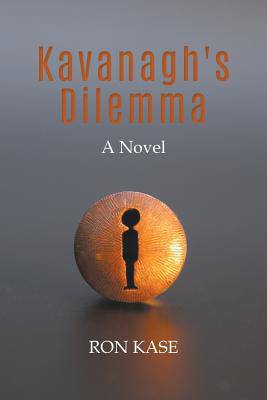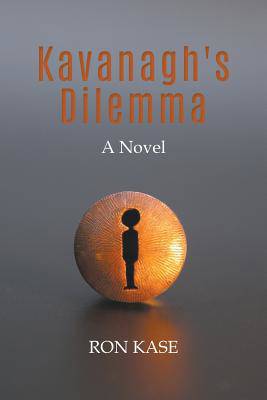
- Retrait gratuit dans votre magasin Club
- 7.000.000 titres dans notre catalogue
- Payer en toute sécurité
- Toujours un magasin près de chez vous
- Retrait gratuit dans votre magasin Club
- 7.000.0000 titres dans notre catalogue
- Payer en toute sécurité
- Toujours un magasin près de chez vous
Description
Like Leopold Bloom, James Joyce's protagonist in the epic Ulysses, Kavanagh's life is inconveniently influenced by his relationships with women. Bloom's appointments and encounters on that single day in Dublin (June 16, 1904) is an unfortunate model for Kavanagh's life in the 21st Century as a dynamic seeker of passion and intimacy with the women he finds desirable. Kavanagh and Bloom are Irish Jews, decedents of the members of small migrations from Eastern Europe that somehow found their way to Ireland, the most Catholic nation where they were welcome and lived peacefully and prospered.
Kavanagh's odyssey to find enjoyment and pleasure, centers on his time with second wife Millicent the sophisticated literary agent and lawyer, the long affair with Bianca, and his deep feelings for the beautiful, elusive and mysterious Lydia who haunts his dreams. Kavanagh's instant attraction to Ciara the lovely Irish physician, and the puzzling relationship with Mary Lucy, a university president and Catholic nun, confuse and confound him. Somehow Kavanagh has successfully maintained his equilibrium as a popular professor, bestselling author, activist, atheist and acceptable parent, but he worries, for how much longer? Kavanagh isn't Everyman, although he's more like us than we want to acknowledge.
Spécifications
Parties prenantes
- Auteur(s) :
- Editeur:
Contenu
- Nombre de pages :
- 202
- Langue:
- Anglais
Caractéristiques
- EAN:
- 9781643981376
- Date de parution :
- 27-09-18
- Format:
- Livre broché
- Format numérique:
- Trade paperback (VS)
- Dimensions :
- 152 mm x 229 mm
- Poids :
- 303 g

Les avis
Nous publions uniquement les avis qui respectent les conditions requises. Consultez nos conditions pour les avis.






